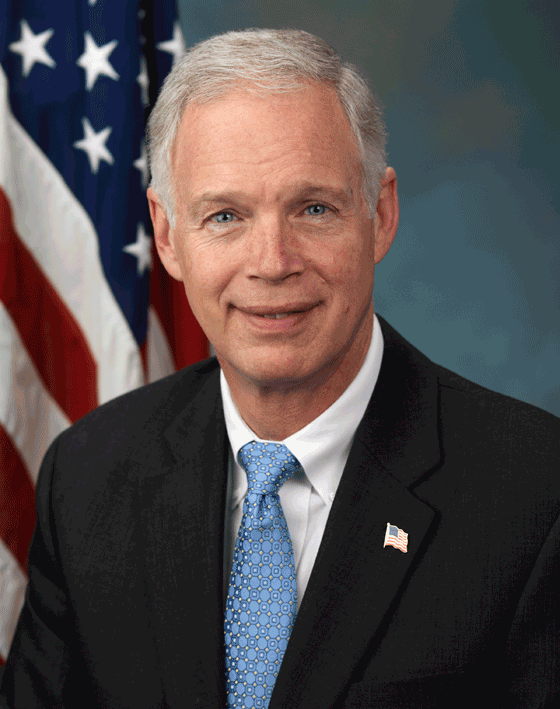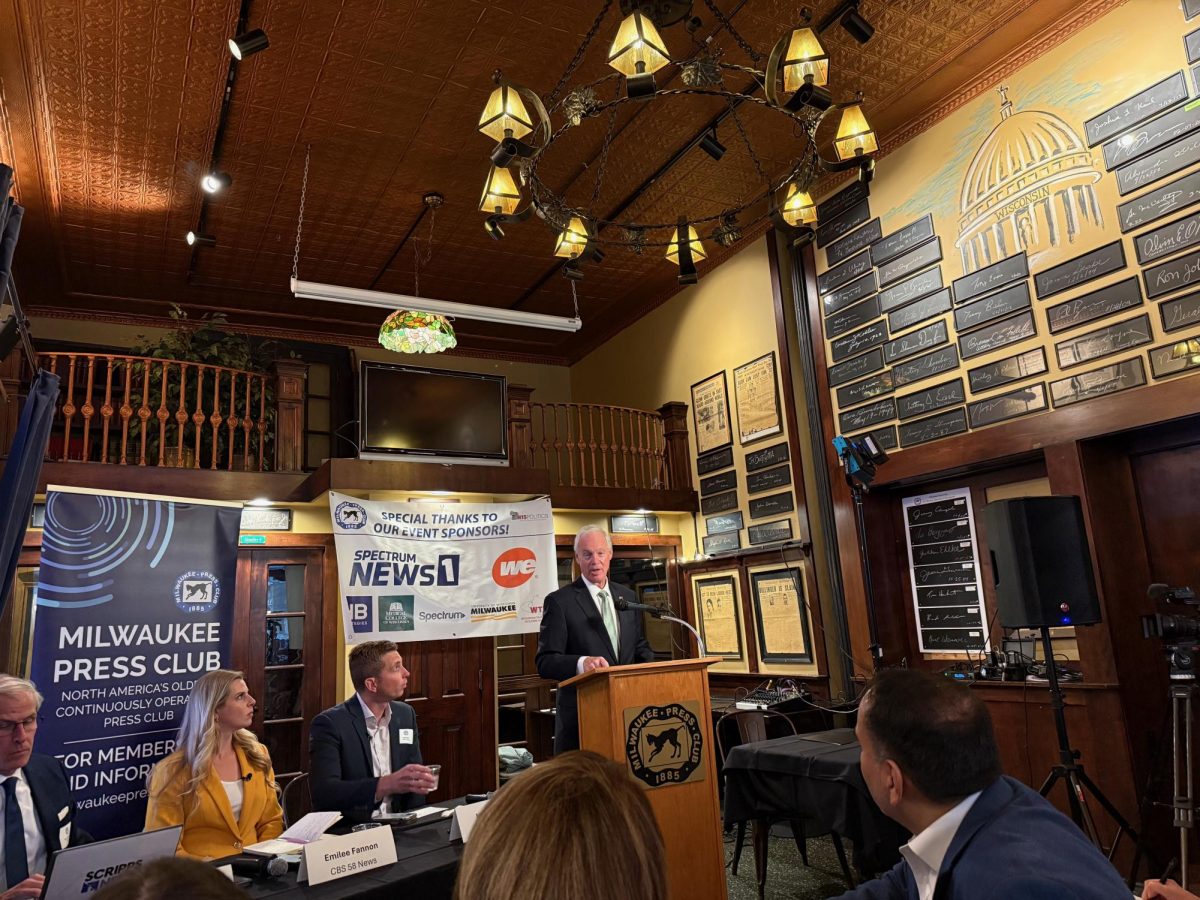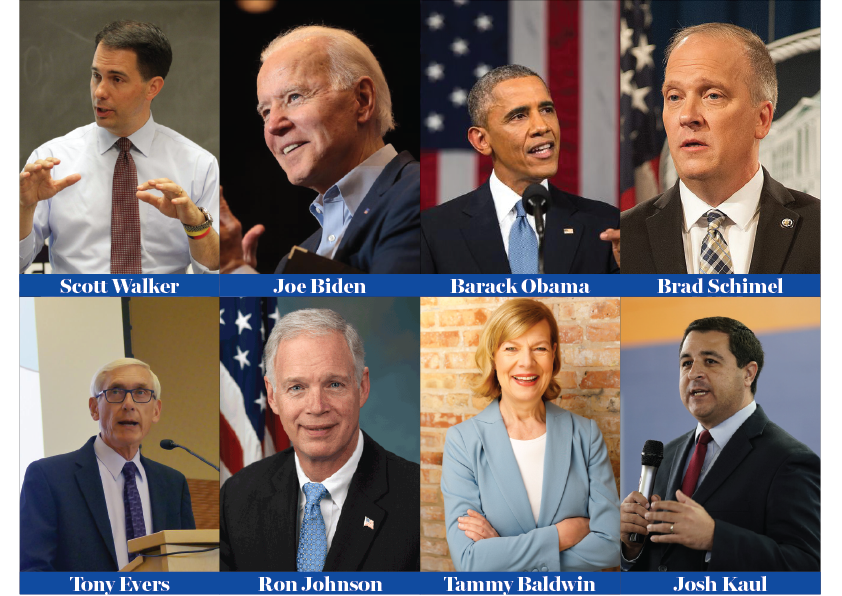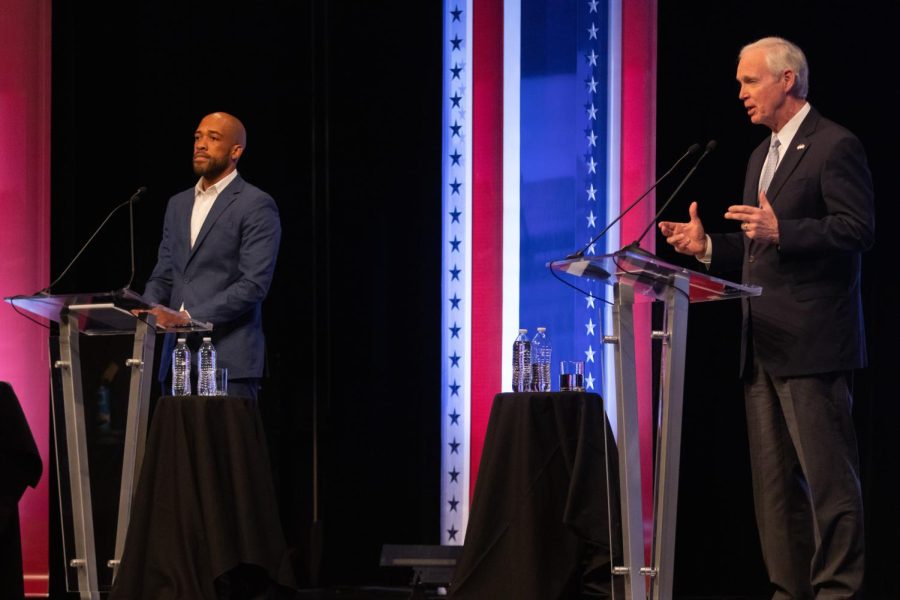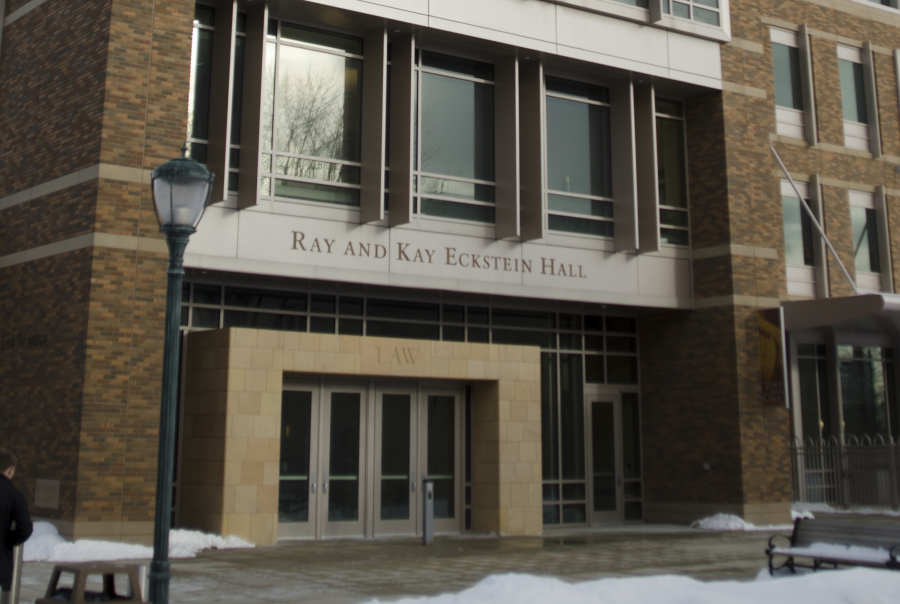Republican Sen. Ron Johnson will retain his seat in the Senate after defeating opponent Russ Feingold by seven percent.
Just last week, the Marquette Law School Poll had Feingold with 45 percent of likely voter support, just one percent ahead of Johnson, who had been down nearly the entire election.
Johnson’s victory marks the second time within the past six years he has beaten Feingold for his Senate seat. According to the Milwaukee Journal Sentinel, Johnson said he expects this to be his final term.
Feingold called Johnson shortly after 10 p.m., to concede. Johnson’s re-election was pivotal in the Republicans maintaining control in the Senate.
Some Marquette students were glad to see Johnson back in office. Gabrielle Hanke, a senior in the College of Business Administration and chairperson of Marquette College Republicans, is optimistic about the future.
“It was a close race,” Hanke said. “Looking to the future, we think he’ll do good things for Wisconsin.”
Katie Koehler, a sophomore in the College of Business Administration, said she and her fellow College Republicans supported Johnson because of his support for small business.
However, not all young voters showed interest in the Senate race. During the 2014 Senate elections, Republicans won 24 of 36 available spots and gained a Senate majority for the first time in eight years, possibly due to low turnout from younger voters.
According to data taken from the U.S. Census Bureau in 2014, 23.1 percent of registered voters age 18 to 34 voted during the congressional elections, compared to 37.8 percent of voters age 35 to 44 and 49.6 percent of voters age 45 to 64.
Karen Hoffman, visiting assistant political science professor, said the dearth of younger voters was due to lack of interest.
“When I look at my students, it looks like (voting) doesn’t seem to matter to them at this point in their lives,” she said. “It’s sad. It’s been that way for a long time. With President Obama it got bumped up a little, but in general they hardly ever show up.”
Hoffman thinks the Senate race is just as important as the race for president, but people tend to focus on the presidential election for a few reasons.
“I think it’s a combination of the media and almost psychological,” she said. “Government is really complicated and it’s easier to focus on one person instead of multiple. As far as branches of government go, the legislative has as much to do with our daily lives and policies as the president.”
According to the Center for Information and Research on Civic Learning and Engagement, youth voters make up 21 percent of eligible voters in the United States.
Helen Kash, a junior in the College of Health Sciences, did not plan on voting in the Senate race. Kash did not vote during the 2014 elections either.
“I wasn’t informed on who was running, so I didn’t feel like it was my place to vote, being uneducated on who was running,” she said.
Thomas Heiner, a senior in the College of Communication, agreed with Kash’s reasons for not voting in 2014. Heiner went on further to say he felt the presidential race was more important than the Senate.
“I like to think the presidential (election) is more important, but as I get older I’m being told differently,” Heiner said.
“But (senators) aren’t advertising enough. You would have to live under a rock to not know who is running for president. With local elections you have to be way more informed and aware of their existence.”

